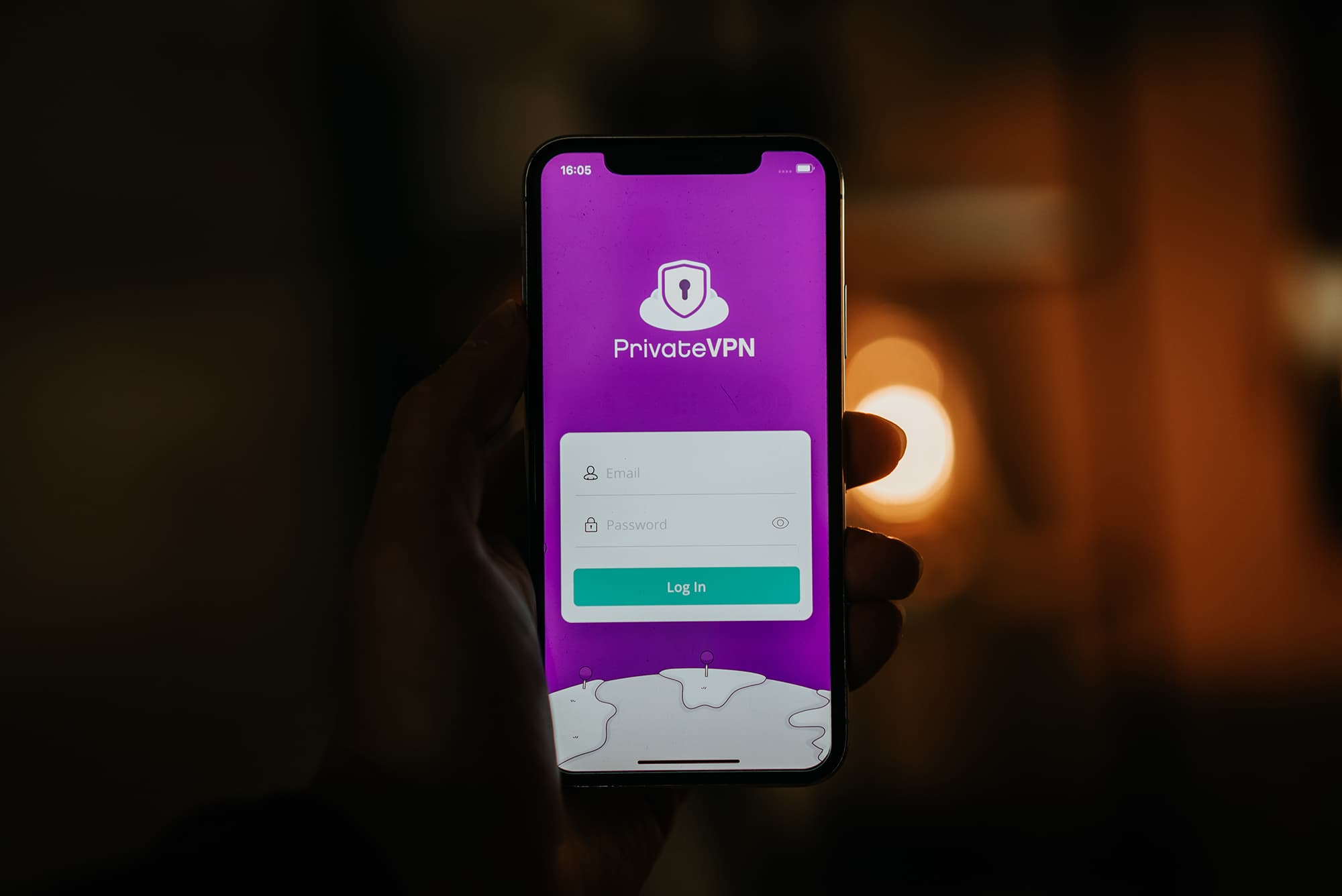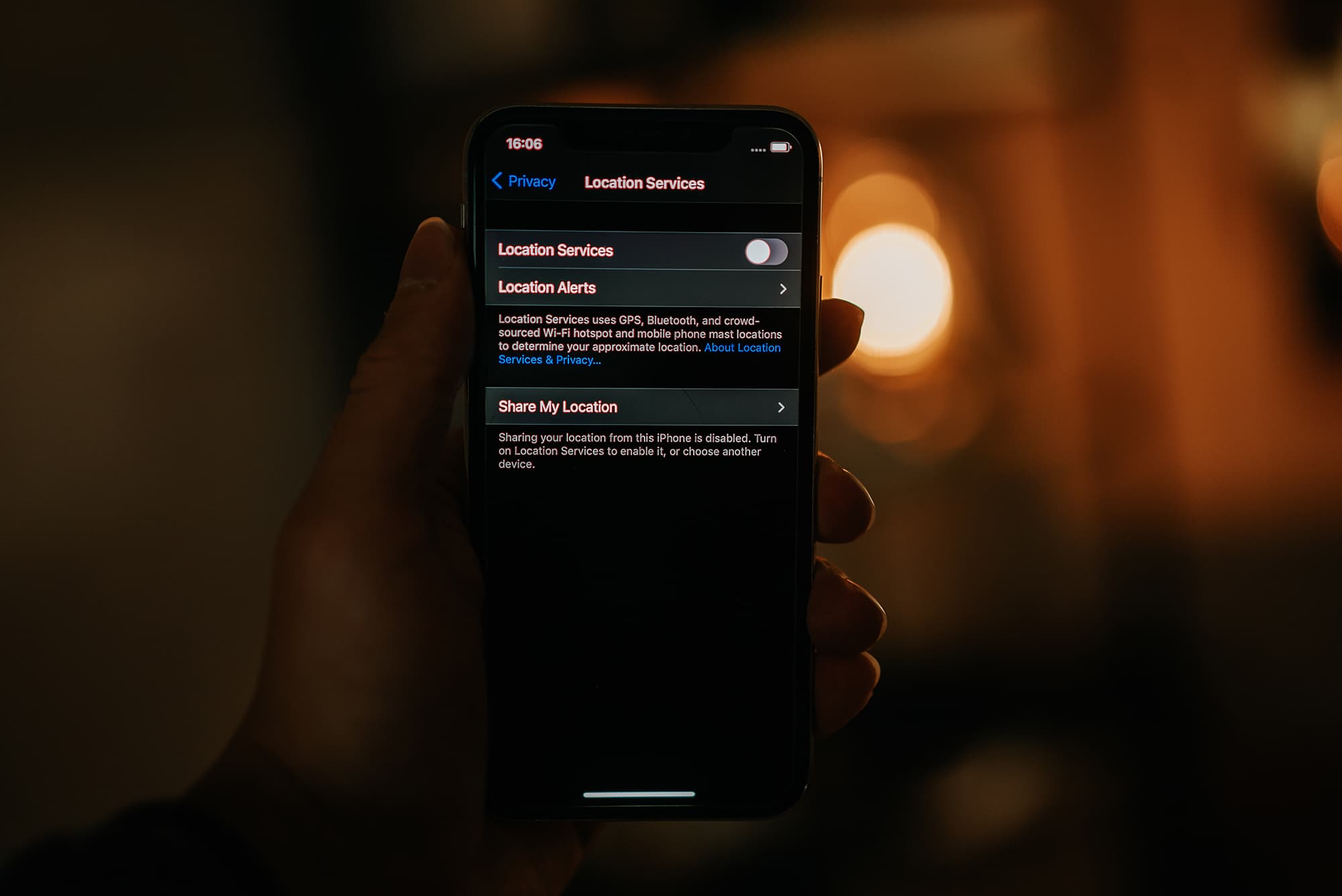Ultimate iPhone Privacy Guide For Maximum Privacy
Published 2022-01-23 12:14 in Guides
One might ask if one even needs an iPhone privacy guide. After all, iPhones have always been portrayed as devices that are much safer than Android, and that you can’t even get a virus on. But Apple is also known for great marketing. Didn’t they say they design their devices in California, even though in the end, they were still made in China just like other Android phones?
iPhones are safer than Androids as they aren’t as open of a platform as Android, hence the privacy guides for both platforms differ a lot, but that doesn’t mean they are fully safe, as there are still some major privacy issues to look at.
Go Through Your App Permissions for Ultimate iPhone Privacy
iPhones overall might be looked at as safe, but not all the apps that are available in the Apple App Store are. At least not from the privacy standpoint. Yet, the apps aren’t actually doing anything wrong to get themselves removed, because they either mention that they track in their policies, or they request access to certain things, which you often give access to right away, in a rush to get an app to work.
That means that an app that doesn’t need access to your location or contact lists, might be having that access, and that’s because you agreed to that, often without even knowing.
To fix that, go through your app permissions for each app, and if there’s anything that doesn’t sound right, then turn off that specific permission.
And that’s the first step to ultimate iPhone privacy.
Removing Ad Personalization
If you don’t want to feel like your phone is showing you everything that you are looking at, there is a way to remove that feeling.
Go to Settings > Privacy > Apple Advertising > View Ad Targeting Information.
While there, you can turn off ad targetting.
Stay Safe Online With a VPN (Required For Ultimate iPhone Privacy)
The biggest safety feature you can implement on your iPhone?
A VPN.

If you never heard of a VPN service before, it’s a Virtual Private Network and allows you to stay safe on the internet via encryption and change of IP address.
You can look like you are in the US while in Ireland, or like you are in the UK while in New Zealand.
From one side, an IP address change prevents people from finding connecting your IP address with your online activities, which also comes with a range of benefits, especially when it comes to internet throttling.
What is internet throttling? It’s when your internet provider slows down your connection to “avoid congestion,” meaning a slowed-down connection for you because you for example decided to watch Netflix, in order to prevent something that in most cases isn’t going to happen.
By using a VPN, your internet provider won’t know what you are doing, and thus, won’t slow you down when it decides you are on the app or service they don’t want you to use.
...But a VPN service also serves a much bigger role in privacy.
Combined with an IP change it’s able to protect your data that would otherwise be exposed for easy access by hackers when you are using public Wi-Fi.
Almost everyone uses public Wi-Fi. It’s free and sometimes much faster than mobile data, but it’s also often very poorly protected, often coming with no passwords at all.
What that means is that if there’s someone that wants to steal your data whether it be a password or card details, that they practically have an open door to do that, because the encryption level on public Wi-Fi is very poor.
PrivateVPN solves that issue specifically by coming with a 2048-bit Encryption with AES-256. The highest level of encryption currently available on the market, and the level of encryption that would be foolish to try to bypass with the current technology. We are talking about billions of years that it would take a machine to crack such encryption.
Turn Off GPS When Not Needed
We earlier mentioned that not every app needs everything it asked for. But certain apps need certain functions like your location, while at the same time, still collecting the data you don’t want to give up if looking for privacy.

That’s where turning things off when not needed comes in.
Turn off your GPS when it’s not needed. Same with NFC and Bluetooth. That way you prevent the collection of data from apps that have permissions to access such things, whenever you don’t need these apps.
That’s How to Have iPhone Privacy
iPhones are considered more secure and private than Android devices, but there is still so much more that one could do to improve their iPhone privacy, and these sum them up.
Written by Michael Smolski.